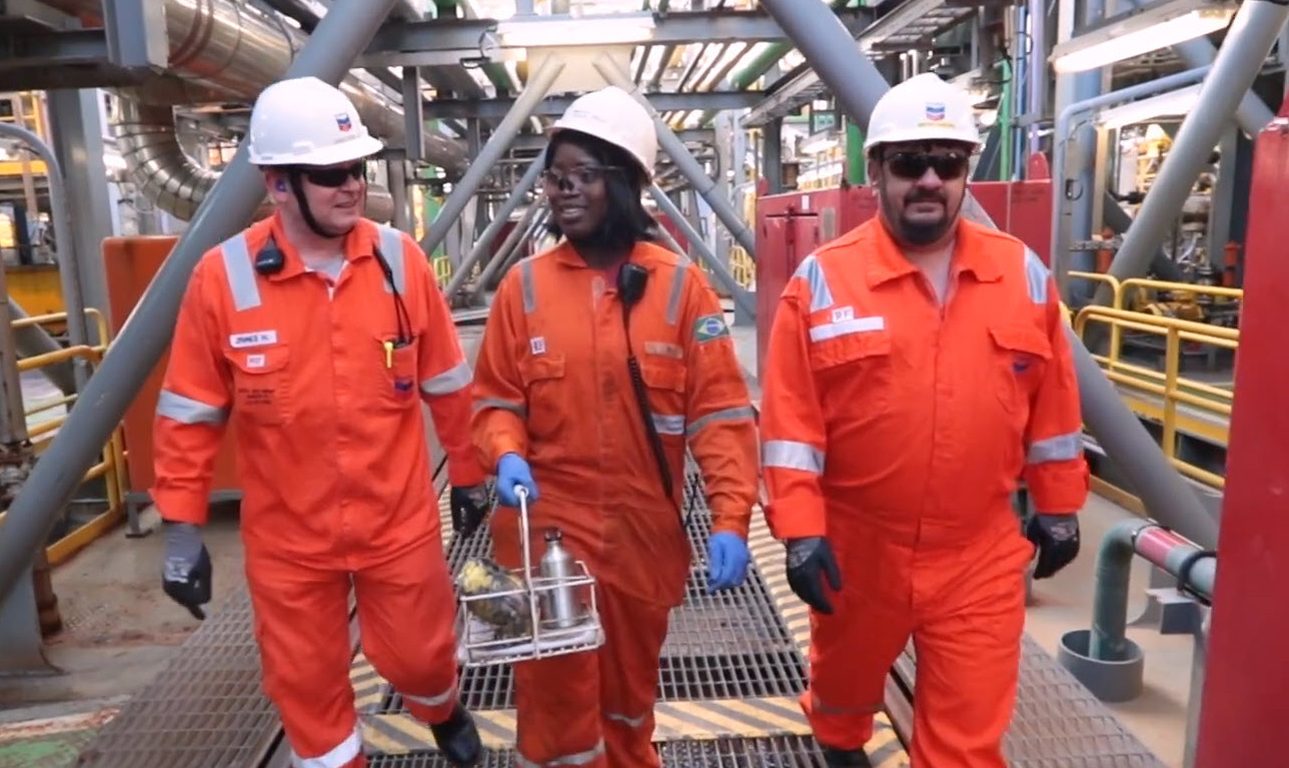Is there a necessity for various and abundant energy sources in the global energy equation? Chevron strongly believes so, asserting that a comprehensive mix of energy sources, ranging from fossil fuels to renewables and low-carbon alternatives, is imperative for meeting increasing demand and safeguarding the global security of energy supply taps.
Chris Powers, Chevron’s Vice President of CCUS for Chevron New Energies (CNE), emphasized this perspective at the annual Singapore International Energy Week conference, addressing industry leaders on the importance of a diverse balance of multiple energy sources in the energy equation.
For Powers, diversity plays a pivotal role in shaping the planet’s energy future. He identified three interconnected factors—solutions, scale, and speed—as essential elements in transitioning to lower-carbon energy. Powers emphasized a broad approach to energy, focusing on both reducing the carbon intensity of existing operations and expanding new third-party businesses aligned with historical strengths.

Chevron is actively working to reduce the carbon intensity of its operations, aiming to cut emissions from hydrocarbon production by lowering both Scope 1 direct emissions and Scope 2 indirect emissions from energy purchases. The company is leveraging its Chevron New Energies business to achieve emission reduction goals by establishing new ventures in areas such as CCUS, hydrogen, carbon offsets, advanced geothermal, and renewable fuels.
Highlighting the importance of collaboration, Chevron is pilot testing carbon capture technology at its San Joaquin Valley operations in California through a public-private partnership with the U.S. Department of Energy’s National Energy Technology Laboratory.
Powers emphasized the belief that innovation and collaboration across sectors and borders are key to unlocking the full potential of lower-carbon energy. He stated, “We believe all energy sources—from traditional hydrocarbons to wind, solar, geothermal, and renewable energies such as hydrogen and carbon capture—are going to be part of the energy equation and the supply mix as we look ahead over the next several decades.”
In 2023, fossil fuels maintained their dominance, comprising 80% of the global energy mix. ExxonMobil’s Chairman and CEO, Darren Woods, emphasized at the APEC Summit that addressing climate change and energy demands requires actions beyond expanding wind, solar, and electric vehicles. According to Woods, the world must commit to solving “energy and emissions challenges simultaneously” to bridge the global North-South divide, asserting that the issue lies not with oil and gas but with emissions.
This sentiment aligns with remarks made by Kevin Gallagher, Santos’s managing director and chief executive officer, who emphasized that “the climate enemy is emissions, not fossil fuels” during a WA Energy Club luncheon in Perth, Western Australia.


